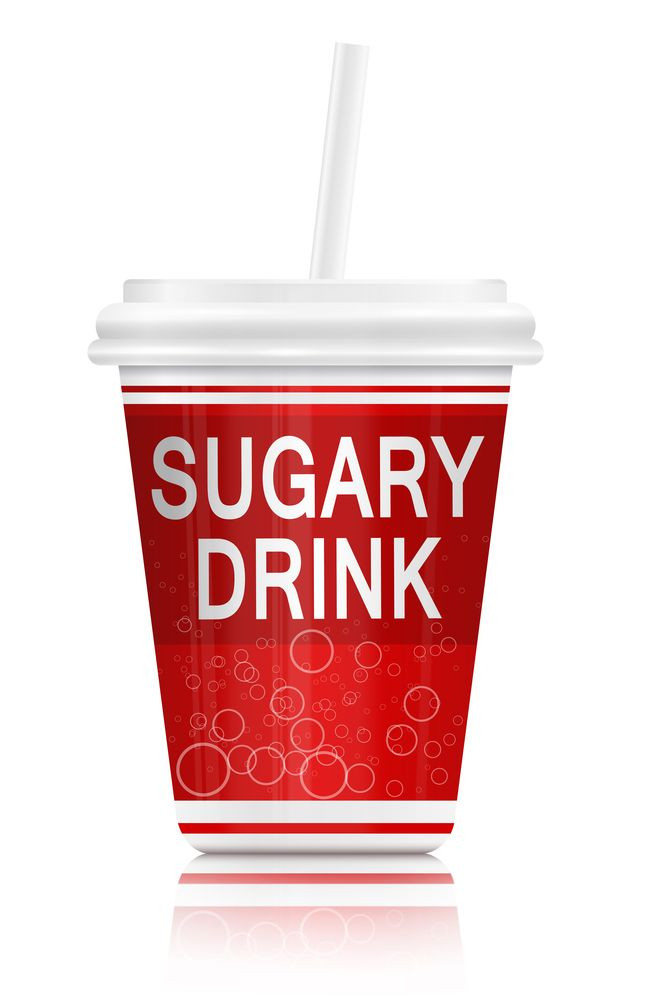Do You Know What Types Of Sugar You're Drinking? Many Consumers Don't

High fructose, all natural, not from concentrate — there are so many labels on the products we drink it’s no wonder that most Americans lack comprehension when it comes to their perceptions of sugary drinks. According to a new study, many Americans do not know what kind of sugars are in their beverages.
The researchers wanted to find out how much consumers actually knew about the drinks that they were drinking. “We wanted to see how consumers were interpreting that term and whether they had a good understanding of the types of sugars or other sweeteners in commonly consumed beverages,” said Gail Rampersaud, a researcher from the University of Florida in Gainesville's Institute of Food and Agricultural Sciences, as reported by Reuters.
Researchers conducted an online survey using 3,361 adults ages 18 and older located all over the U.S. The participants were asked about the drinks that they consumed, including non-alcoholic beverages. They were asked about the types and amounts of sugar found in coffee, tea, added sugar beverages, milk, diet drinks, and 100 percent fruit juice and blends. “Participants primarily associated the term “sugary” with beverages containing added sugars; however, almost 40 percent identified 100 percent fruit juice as sugary,” the study said, “Some participants misidentified the types of sugars in beverages, particularly with respect to milk and 100 percent fruit juice.”
According to findings published in Nutrition Research only three-quarters of people knew that soft drinks contain added sugar. More than half of the participants referred to fruit drinks, fruit cocktails, and sports drinks as sugary. About 60 percent correctly reported that fruit drinks and sports drinks contain added sugar, and half knew cranberry juice cocktail contains added sugar, Reuters reported. There are suggested recommendations in the 2010 Dietary Guidelines for Americans and USDA’s ChooseMyPlate in order to reduce the intake of added sugars, especially from sugar-sweetened beverages (SSBs), and drink water instead of sugary beverages. However, there is clearly a lack of consumer knowledge regarding the sugar content in these drinks.
"This means that consumers could miss out on the nutrition and health benefits that some beverages offer," Rampersaud said. “They may also keep drinking other beverages that contain added sugars they don't know about.” The results demonstrate the need for more education and research, such as changing nutrition labels in order to help consumers make more informed decisions.
Source: Rampersaud GC, Kim H, Gao Z, House LA. Knowledge, perceptions, and behaviors of adults concerning non-alcoholic beverages suggest some lack of comprehension related to sugars. Nutrition Research. 2013.
Published by Medicaldaily.com



























